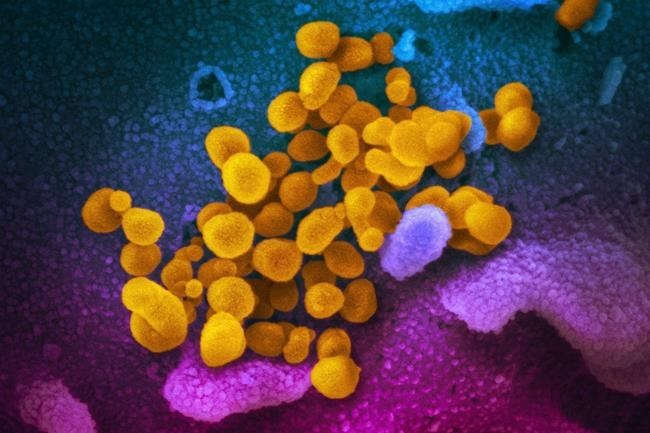OTTAWA — The Canadian Armed Forces is grappling with a surge in the number of troops who have been infected with COVID-19 over the past month, even as a growing number of service members have started receiving vaccinations from the illness.
Nearly 250 military members have tested positive for COVID-19 since the end of December, according to new figures provided by the Department of National Defence to The Canadian Press.
That's a dramatic spike compared to the first nine months of the pandemic, when a total of 676 troops were infected, or about 75 per month.
While the rash of new cases within the Canadian Armed Forces coincides with a similar surge across Canada and many other parts of the world, it also comes amid an outbreak among the 540 Canadian soldiers currently deployed in Latvia.
Defence Department spokesman Daniel Le Bouthillier would not say whether the outbreak in Latvia — or another elsewhere — is responsible for the surge in military cases of COVID-19, citing operational security.
However, he did confirm that Armed Forces members on four other missions — in Iraq, Ukraine, Egypt and Kosovo — have tested positive for COVID-19 since March. Those are in addition to an unspecified number of troops who have been infected in Canada.
"The existence of COVID-19 cases among CAF personnel (has) not significantly impacted deployed operations or the provision of care by the CAF health-care system," Bouthillier added.
The military’s surgeon general nonetheless underscored in a message to the troops earlier this month the importance of staying healthy to ensure the Armed Forces is ready to respond when called upon for a natural disaster or other threat to Canada.
“We are getting there, but we need to continue to protect the force in order to maintain the CAF’s operational readiness,” Maj.-Gen. Marc Bilodeau said in his message.
“By protecting yourself, you are saving lives. Don’t let your guard down, continue to follow local public-health guidelines, preventive health measures, and get the vaccine when it is available to you.”
To that end, vaccines have started to roll out to service members.
The federal government says around 1,100 out of the military’s roughly 100,000 members have been vaccinated, with priority given to troops working in health-care settings or who have health conditions that could put them at greater risk from COVID-19.
Vaccinations have not yet been given to chief of the defence staff Admiral Art McDonald or other senior military commanders, Le Bouthillier said.
While vaccinations are voluntary for military personnel, Bilodeau said individual commanders will be allowed to decide whether to make them mandatory for deployment on certain missions.
At the same time, troops already deployed will not receive doses from the current Canadian supply. Instead, Bilodeau said planning is underway to determine the best way to inoculate them, including possibly turning to local governments.
Bilodeau also indicated all troops will be able to get vaccinated by December — three months than the Liberal government’s current timeline of having doses available for all Canadians by September.
The Defence Department says Bilodeau’s schedule aligned with the Public Health Agency of Canada’s own timetable at the time, and that it will be updated as time goes on.
This report by The Canadian Press was first published Jan. 27, 2021.
Lee Berthiaume, The Canadian Press



